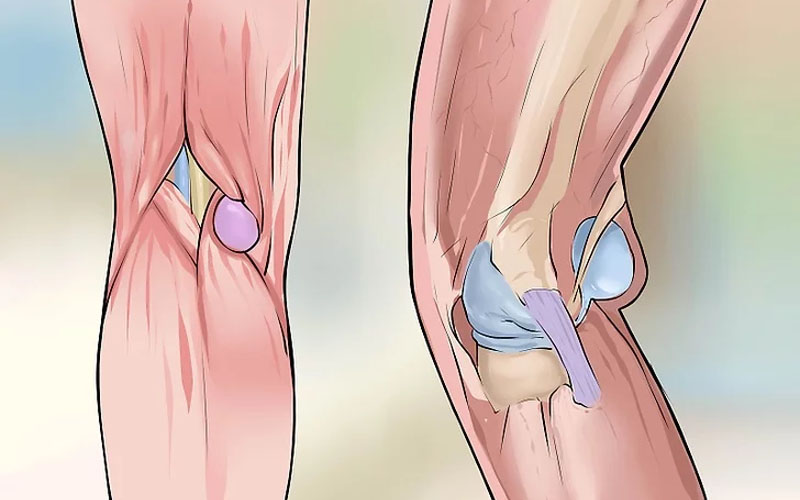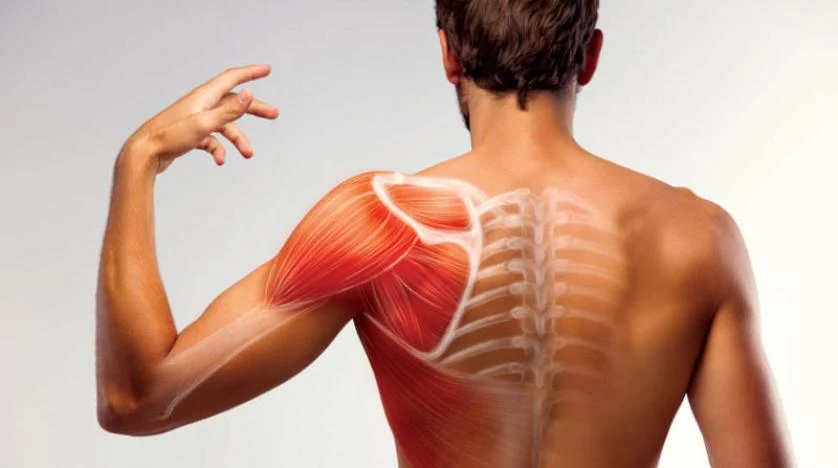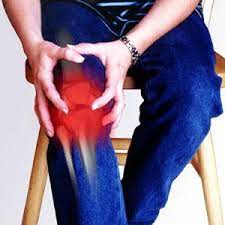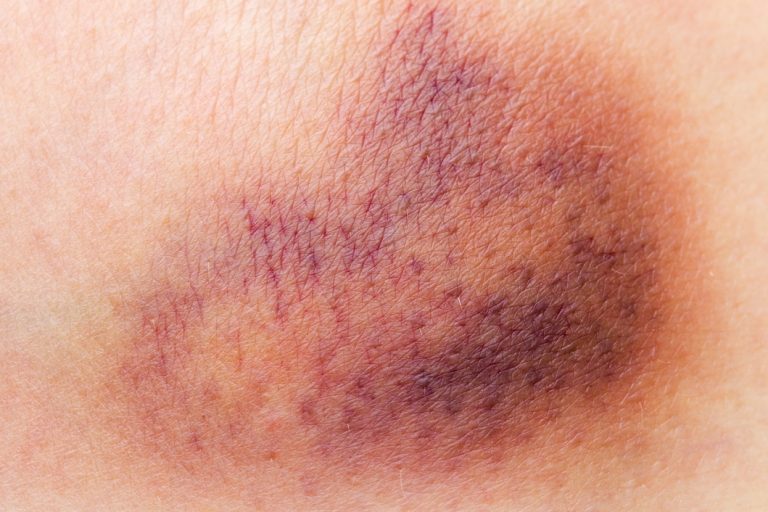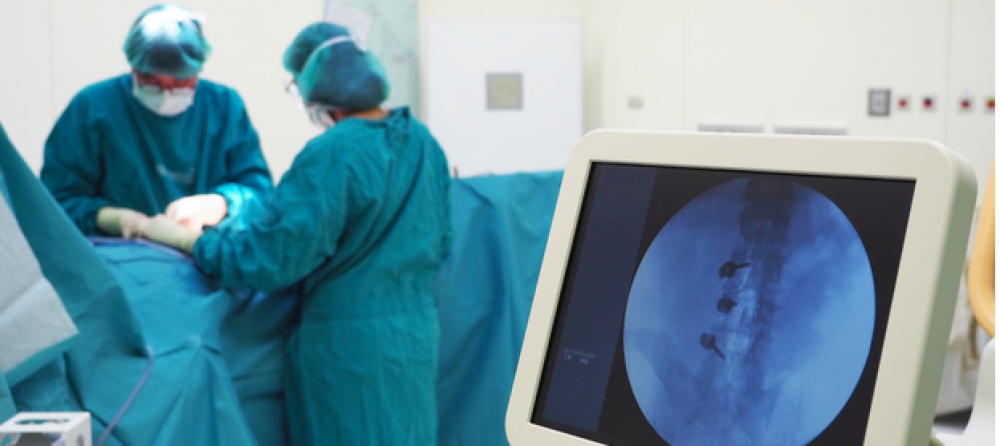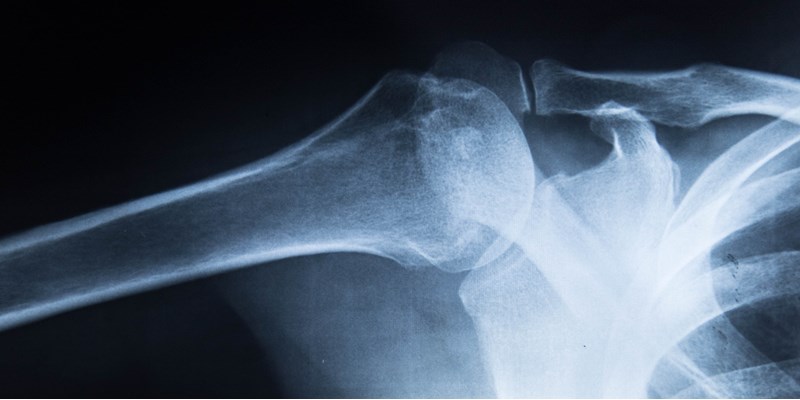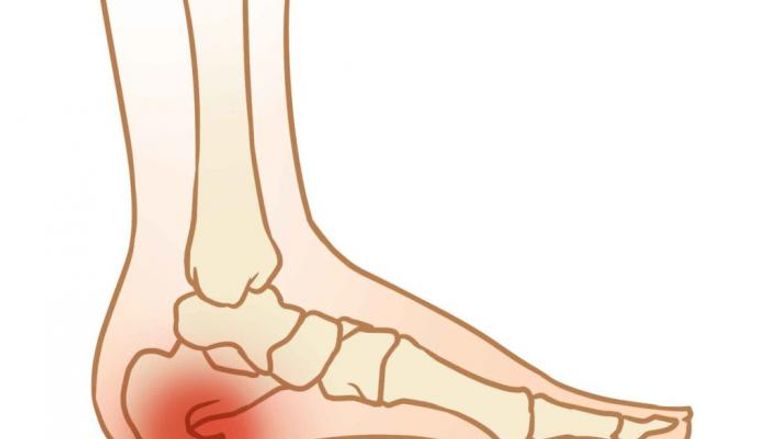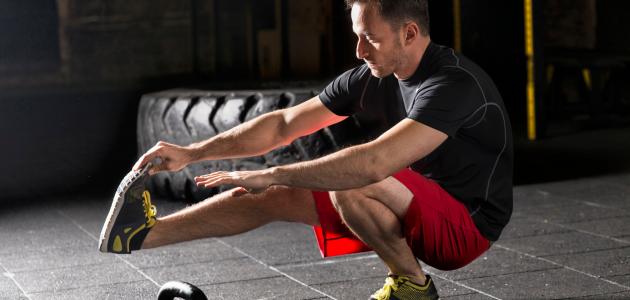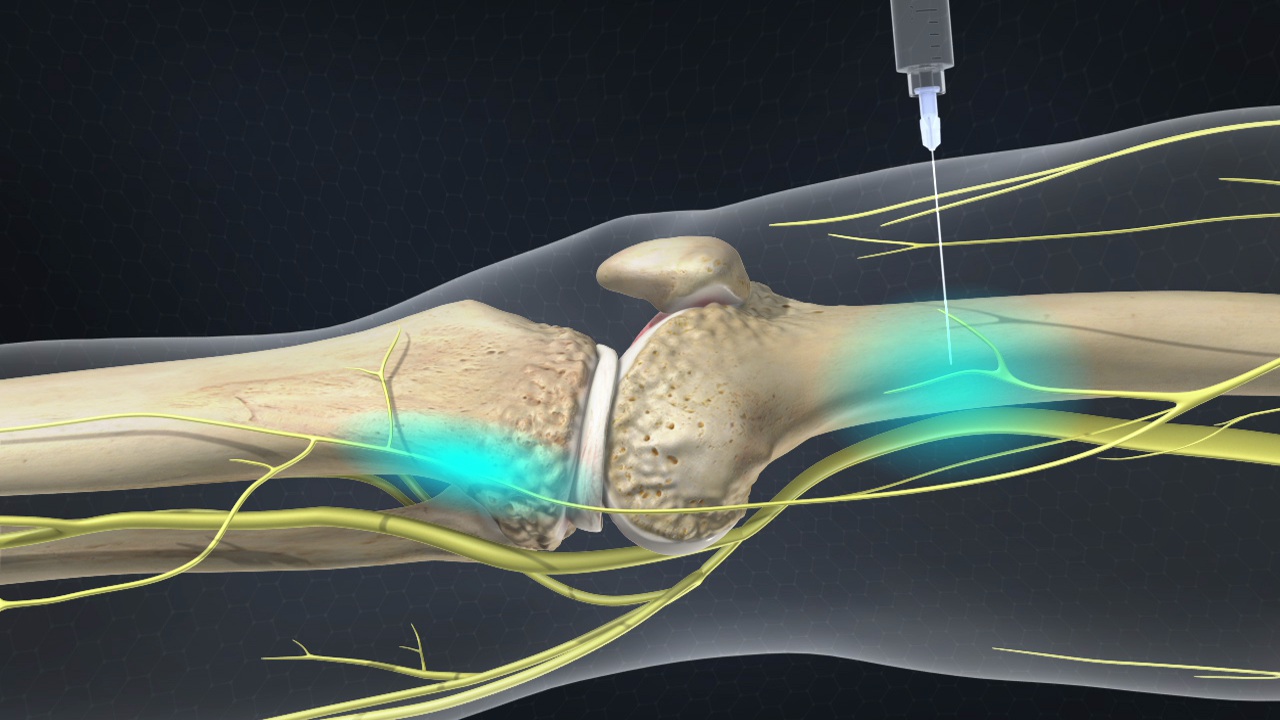Discover the Best Doctor for Treating Shoulder Tendons and How to Prevent Inflammation
The Best Doctor for Treating Shoulder Tendonitis, Finding the Best Doctor for Shoulder Tendon Treatment is not an easy task. Patients often seek to find a skilled doctor who can provide them with the appropriate treatment plan for their condition, helping them alleviate pain and suffering. In this article, we will shed light on this matter, covering essential information related to shoulder tendon inflammation, including its causes, symptoms, and treatment methods. Stay with us to learn more.
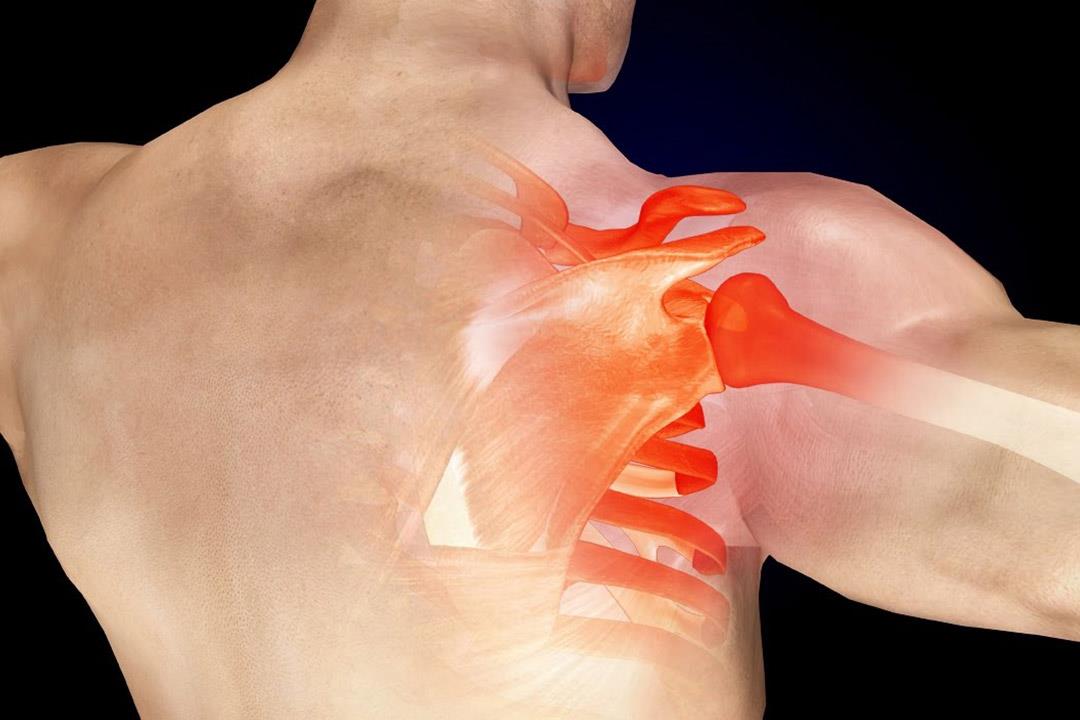
The Best Doctor for Treating Shoulder Tendonitis
Those suffering from chronic shoulder pain or rotator cuff injuries can search for the best doctor to treat shoulder tendonitis and receive the necessary care. There are plenty of options available to patients since there are many skilled doctors specializing in shoulder tendon treatment. It’s crucial for patients not to delay scheduling an appointment with a doctor to diagnose their condition and receive the necessary care to improve their condition and alleviate their pain. In this article, we recommend one of the best shoulder doctors, Dr. Amr Amal, a consultant in orthopedic and joint surgery at Ain Shams University. He is known for his excellence in his work and has successfully treated many patients, achieving a high rate of recovery alongside successful surgical procedures.
What Are the Causes of Shoulder Tendonitis?
Shoulder tendonitis is one of the most common bone and joint diseases among many individuals, especially the elderly. This condition can hinder a person’s ability to lead a normal life, causing them pain and discomfort. It is caused by several factors, including:
- Aging: As people age, their bones and muscles weaken, and the joints lose flexibility. This can lead to inflammation in the shoulder.
- Unhealthy Daily Habits: Poor sleeping or movement habits, incorrect posture, and lifting heavy weights incorrectly, as well as sudden exposure to cold air, can contribute to shoulder inflammation.
- Lack of Physical Activity: Physical inactivity can lead to stiffening of the bones and make them more susceptible to inflammation.
- Abrupt, Forceful Movements: Sudden, forceful movements or engaging in violent sports that require intense physical activity can also lead to shoulder inflammation.
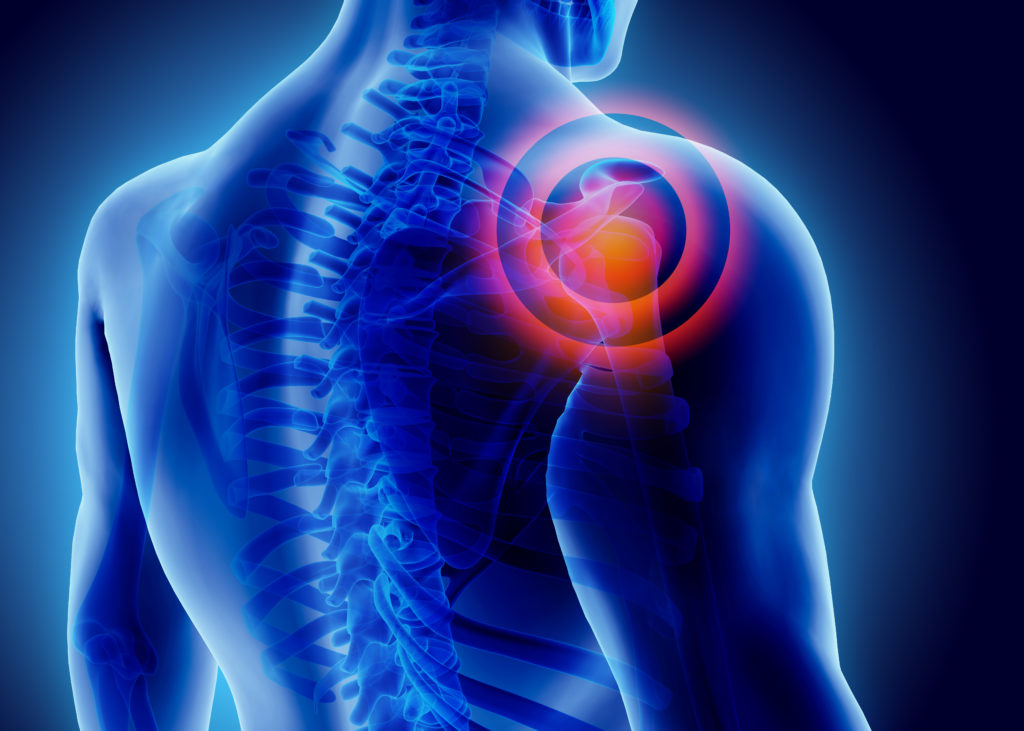
What Are the Symptoms of Shoulder Tendonitis?
Individuals suffering from shoulder tendonitis may experience the following symptoms:
- Shoulder Pain: Severe shoulder pain that restricts movement, possibly radiating to the chest and back, and intensifying over time, especially after waking up from sleep.
- Audible Popping Sound: A popping sound when moving the arm due to stiffness in the shoulder, which becomes noticeable when the patient attempts to move it.
- Stiffness in the Shoulder Joint: Occurs after experiencing shoulder pain and makes it challenging for the patient to move their shoulder, preventing them from leading a normal life.
- Swelling in the Shoulder: Swelling may be observed in the shoulder, not just pain, depending on the stage of the condition.
- Difficulty Carrying and Lifting Objects: The intense pain experienced by the patient can make it challenging for them to lift or carry objects. They can only move their shoulder in specific positions.
For more information regarding joint stiffness, we recommend reading this article.
How Is Shoulder Tendonitis Diagnosed?
The diagnosis of shoulder tendonitis involves several methods, as explained below:
- Physical Examination of the Shoulder: The doctor examines the patient, assesses arm strength, and measures the range of shoulder motion by moving the arm in multiple directions. The doctor may also examine the neck to ensure that the pain is not related to it.
- Medical History: To make an accurate diagnosis, the doctor needs to take the patient’s medical history and have a detailed discussion about their symptoms.
- X-Rays: X-rays reveal small bone protrusions but do not show soft tissues in the shoulder, such as the rotator cuff tendons that are the source of pain.
- Magnetic Resonance Imaging (MRI) and Ultrasound: These imaging techniques help clarify soft tissue images, such as the rotator cuff tendons. In some cases, they can reveal partial tears in the rotator cuff.
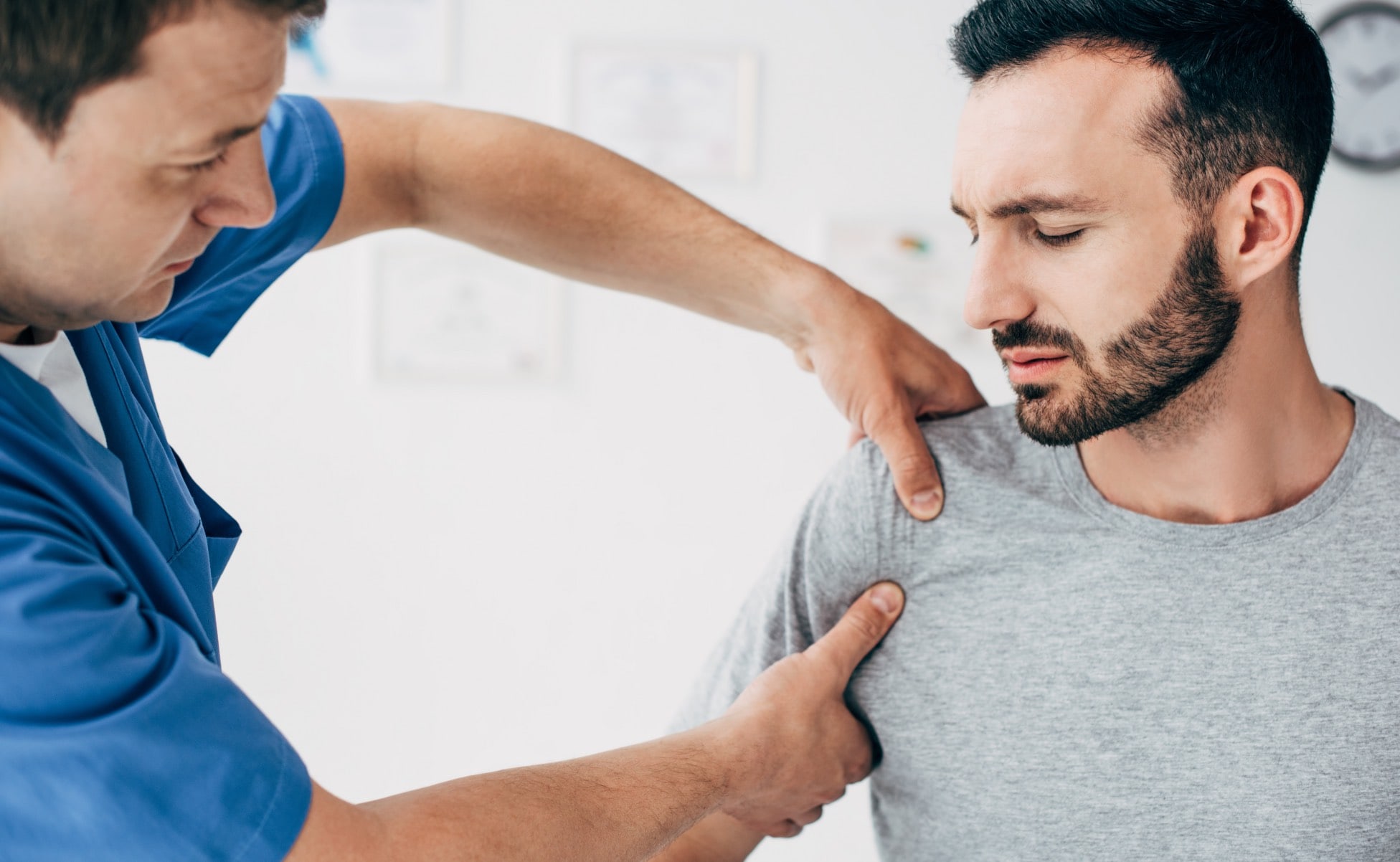
What Is the Treatment for Shoulder Tendonitis?
“Get ready to return to your active life and engage in your favorite activities with confidence, with the help of Dr. Amr Amal. He will guide you through the healing and rehabilitation process to ensure maximum benefit.”
The primary goal of treatment is to reduce the patient’s pain, maintain the natural range of shoulder motion, and prevent a recurrence of tendonitis. The treatment plan includes the following:
Physical Therapy: Physical therapy includes a range of motion exercises and is a crucial part of the treatment plan. If the pain persists, the doctor may prescribe corticosteroid injections into the shoulder to relieve symptoms and reduce pain.
Initial Treatments: Initial treatments may involve applying ice packs to the painful area to reduce swelling. Medications like aspirin and ibuprofen can be used to alleviate discomfort. In some cases, topical creams may be prescribed to reduce pain without causing side effects.
Surgery: Surgery is an option if there is a tear in the rotator cuff tendons or the long head of the biceps tendon, whether it’s a partial or complete tear, and if symptoms do not improve with other treatments.
If you are wondering about the duration of treatment for shoulder tendonitis and the results a patient can expect, you can read the following article.
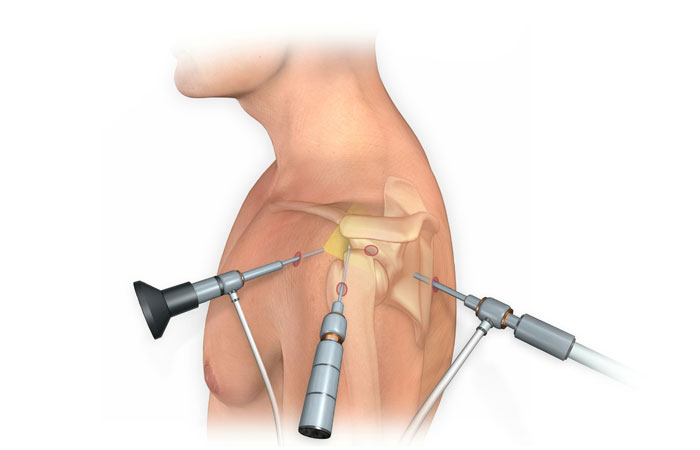
Medications for Treating Shoulder Tendonitis
When diagnosed with shoulder tendonitis, the doctor may prescribe various types of medications depending on the patient’s condition. These medications may include:
Steroids: In some cases, doctors may use corticosteroid injections to reduce pain and inflammation around the affected tendon. However, this method is not recommended for treating chronic tendonitis lasting more than three months.
Pain Relievers: Pain relievers can help reduce the discomfort associated with shoulder tendonitis, such as aspirin or ibuprofen. In some cases, doctors may prescribe topical creams to reduce pain without causing side effects.
Platelet-Rich Plasma (PRP) Therapy: PRP injections into the area of chronic tendonitis are important treatments that yield excellent results.
How to Prevent Shoulder Tendonitis?
There is no doubt that shoulder tendonitis is often the result of overuse of the shoulder. To prevent this type of injury, here are some basic rules to protect and prevent such injuries:
- Gradual Exercise: Engage in sports and various activities gradually, allowing your body to adapt.
- Immediate Rest: Stop exercising immediately if you feel any shoulder pain or discomfort.
- Proper Repetition and Strength: Determine the appropriate exercise repetitions and strength for your shoulder condition by consulting with a trainer.
- Complete Rest: Ensure complete rest for the inflamed area because pressure on it can worsen the pain.
- Cold Compress: Applying cold packs to the affected area significantly reduces inflammation and helps protect the shoulder from stiffness.
- Elevate the Shoulder: Lift the injured shoulder on a pillow while sleeping to stimulate blood circulation and reduce the likelihood of inflammation.
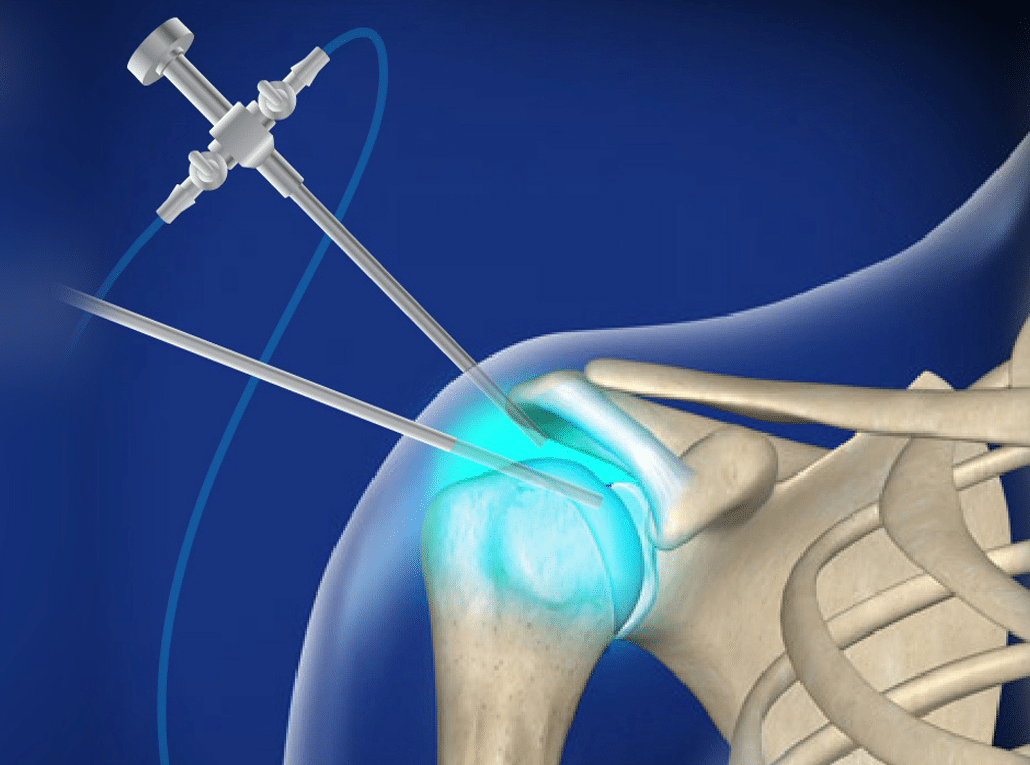
Risk Factors for Shoulder Tendonitis:
Certain risk factors increase the likelihood of developing shoulder tendonitis, including:
- Age: Tendons become less flexible and weaker as people age, making them more susceptible to injury.
- Sports: Incorrect techniques and repetitive violent movements, as seen in sports like swimming, tennis, running, basketball, bowling, and others, can lead to shoulder tendonitis.
- Specific Jobs: Certain occupations that involve physical work, such as repetitive motions, excessive bending, and frequent overhead reaching, can lead to shoulder tendon inflammation.
- Underlying Medical Conditions: Individuals with certain chronic conditions like diabetes or rheumatoid arthritis are more prone to developing shoulder tendonitis.
Are There Any Home Remedies for Treating Shoulder Tendonitis?
Yes, there are some home remedies that can help alleviate the severity of pain experienced by individuals with shoulder tendonitis. These remedies include:
- Rest: Take sufficient rest from strenuous and violent activities.
- Cold Compress: Apply ice packs to the affected area to reduce swelling and relieve pain.
- Over-the-Counter Pain Relievers: Non-prescription pain relievers can be taken to alleviate discomfort.
- Strengthening Exercises: Perform stretching and strengthening exercises to enhance the muscles and joints.
- Compression Bandages: Use compression bandages around the affected area to reduce swelling and pain.
If the patient does not respond to these previous treatments and the pain persists, it is advisable to consult a specialized doctor for further evaluation and consultation regarding their symptoms.
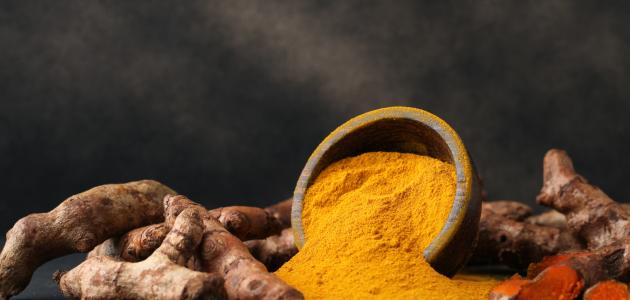
Treatment of Tendonitis with Herbs
Certain herbs may help in the treatment of tendonitis by reducing pain. Here is a list of some of these herbs, but it is essential to consult a doctor before using them. They include:
- Turmeric: Turmeric contains curcumin, which is known for its anti-inflammatory properties, making it a good option for reducing tendonitis pain. However, there is still insufficient evidence regarding the use of turmeric in treating this condition.
- White Willow Bark: White willow bark contains salicin, which has similar effects to aspirin and some non-steroidal anti-inflammatory drugs (NSAIDs). It can help reduce pain and inflammation.
- Devil’s Claw: Devil’s claw has significant pain-relieving and anti-inflammatory properties, making it effective for tendonitis pain, muscle pain, back pain, and arthritis.
- Arnica: Arnica helps reduce the severity of tendonitis and can aid in wound healing, superficial venous inflammation, insect bites, and swelling from fractures.
- Ashwagandha: Ashwagandha has anti-inflammatory properties that can help alleviate tendonitis pain and reduce inflammation.
- Boswellia Serrata: Also known as Indian frankincense, this herb contains boswellic acid, which has anti-inflammatory properties. However, its effectiveness in treating tendonitis in humans has not been thoroughly studied.
- Comfrey Root: Comfrey root has strong anti-inflammatory properties and is used to reduce pain and inflammation in tendons and joints.
- Turmeric: Turmeric contains curcumin, which has strong anti-inflammatory properties and may help alleviate tendonitis pain.
- Echinacea: Echinacea has anti-inflammatory and immune-boosting properties that can support the healing process in tendonitis.
- Ginseng: Ginseng has antioxidant properties that reduce inflammation and can assist in relieving tendonitis pain.
How Is Electrical Stimulation Therapy Used to Treat Tendonitis?
“Get personalized care and a comprehensive understanding of your condition from Dr. Amr Amal. He will listen carefully and provide a customized treatment plan to meet your individual needs.”
Electrical stimulation therapy involves the use of electrical pulses to repair tissues, activate muscles, improve muscle strength, and reduce pain. There are various forms of electrical therapy, including ultrasound therapy, interferential therapy, transcutaneous electrical nerve stimulation (TENS), laser therapy, and more. The effects of electrical stimulation therapy include pain reduction, increased strength, improved muscle contraction speed and strength, and enhanced range of motion.
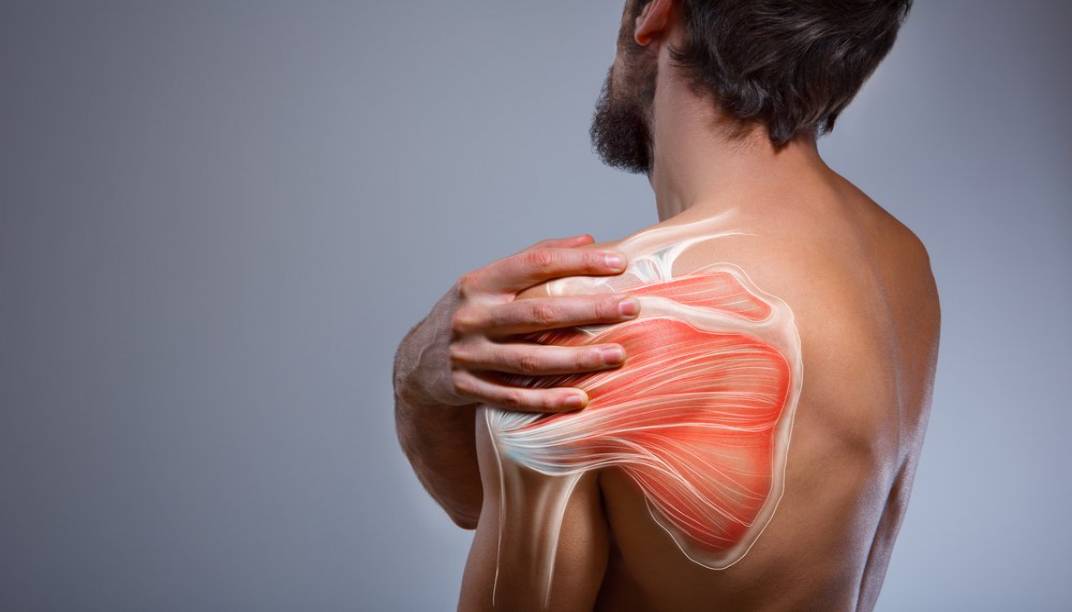
Exercises to Help Treat Shoulder Tendonitis
In most cases of shoulder tendonitis, patients require a period of rest for tendon healing. However, in advanced cases of tendonitis, gentle exercises can be beneficial. Here are some of these exercises:
- External Rotation Exercise: Stand straight and move your shoulder in a circular motion, rotating it backward. This exercise may produce a cracking sound, known as shoulder cracking, which can help in relaxing the shoulder and reducing pain.
- Posterior Stretching Exercise: This exercise involves stretching your shoulder straight backward. You can use a towel for support to allow the shoulder to stretch properly.
- Shoulder Extension Exercise: In this exercise, extend the injured shoulder towards the opposite shoulder, applying gentle pressure to lift it slightly. This helps in stretching the inflamed tendons.
- Upper and Front Stretching Exercise: Raise both arms upwards with your body in an upright position. Hold this position for a few seconds, then repeat with your arms stretched forward. These stretches can help improve shoulder flexibility and reduce tension in the tendons.
It’s essential to consult with a healthcare professional or physical therapist before starting any exercise regimen for shoulder tendonitis to ensure you are performing the right exercises for your condition and to avoid worsening your injury.
Book with the Best Hand and Shoulder Orthopedic Doctor in Cairo
The Doctors Directory offers a convenient and easy appointment booking service with the best hand and shoulder orthopedic doctors in Cairo for patients. Patients can directly contact the doctor’s clinic, inquire with the receptionist about suitable appointment times and examination details, or make a reservation through the VisitZ or Clindo applications. This saves you a lot of time and effort, as the booking process is straightforward.
You can also communicate directly with Dr. Amr Amal through his official clinic website and ask him any questions or seek consultations you may have. Dr. Amr Amal is considered one of the best hand and shoulder orthopedic doctors in Cairo, known for his excellent experience and a good reputation among his patients. He has received positive evaluations for the successful treatment plans he has provided to his patients.



